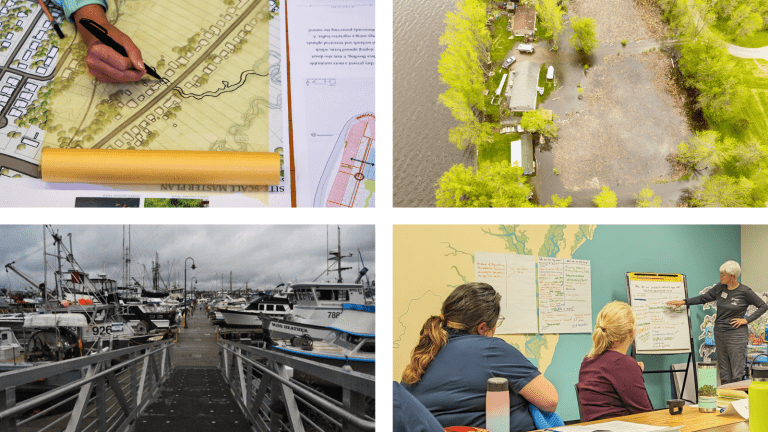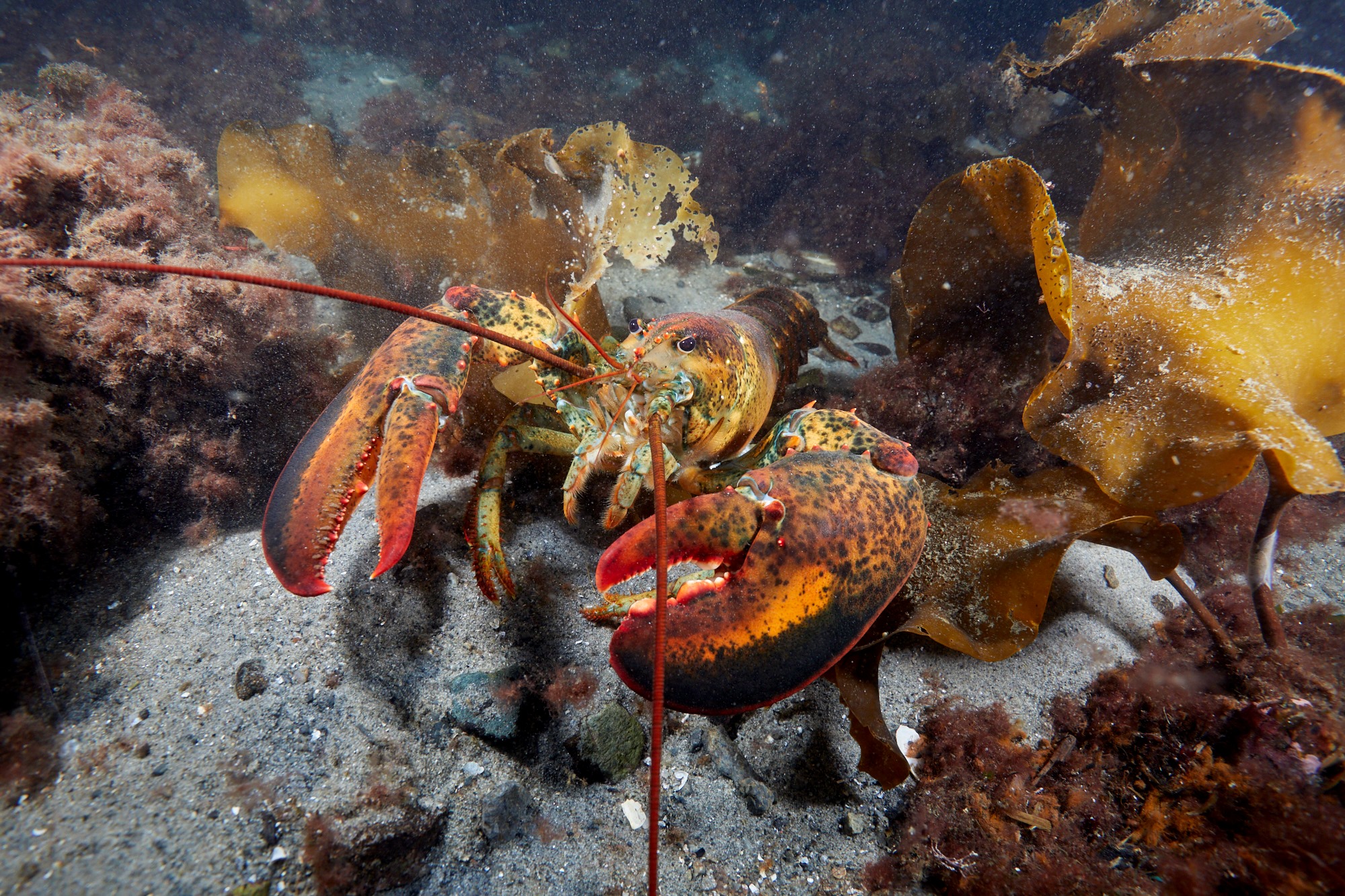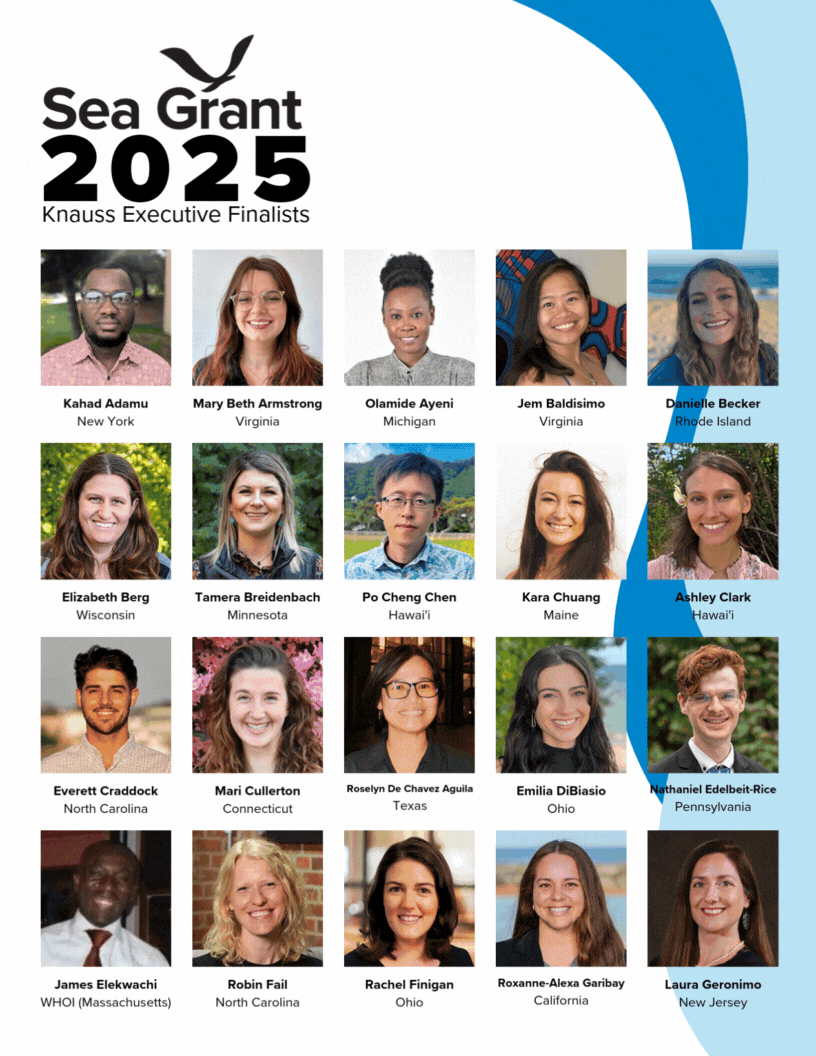Sea Grant programs across the U.S. are scaling up capacity to support additional hands-on, collaborative engagement to advance the sustainability of coastal and Great Lakes communities. Sea Grant awarded $4 million in fiscal year 2023 funds to its grant-based programs nationwide to continue or expand ongoing work or address new opportunities for coastal climate adaptation and resilience for the communities that Sea Grant serves.
“Engaging with and helping to prepare coastal and Great Lakes communities to address the challenges associated with a changing climate is a priority for Sea Grant,” said Jonathan Pennock, director of NOAA’s National Sea Grant College Program. “The funded projects, and additional work with partners, will enhance communities’ resilience with a number of localized initiatives.”
In recognition of growing needs, the $125,000 per funded program was made possible with the support of Congress. These adaptation and resilience funds are further leveraged by additional program funds and at least 50 percent matched partner contributions, among a broader set of relevant Sea Grant awards.

The funded projects include support for engagement, knowledge sharing, research, technical assistance, decision support, project implementation, and partnership coordination and collaboration to help address community adaptation and resilience needs, along with support for resilience-focused staff capacity. This work also includes engagement with tribal, Indigenous, remote, and economically disadvantaged communities. Examples of this broader work are below:
- Alaska Sea Grant will expand extension capacity to support rural coastal communities faced with erosion caused by thawing permafrost and increased coastal inundation requiring a retreat from the coast and increase the culturally relevant environmental literacy of eco-tour guides and tourists.
- California Sea Grant will conduct an offshore wind analysis with economic development, workforce capacity and inclusion of tribal and historically underrepresented students as central assessment elements to help communities balance development with sustainable futures.
- Louisiana Sea Grant will develop outreach materials and engagement events to address underrepresented communities’ concerns surrounding wind and flood insurance issues within the state.
- Maine Sea Grant aims to improve community resilience to natural hazard events like coastal inundation and storm damage through scenario planning exercises and convening of communities across the region.
- Minnesota Sea Grant will identify barriers to installing green infrastructure within land-use codes and ordinances and will provide alternate language that promotes the use of green infrastructure within Lake Superior communities.
- Texas Sea Grant will increase awareness in technology that helps decision-making around coastal energy transition, marine debris and sustainable consumption, natural and nature-based solutions, and early warning systems for coastal hazards.
Learn about all of the funded projects here
Sea Grant programs are trusted as an important connector of university, government, community and coastal industry decision-making, and are uniquely positioned to improve engagement, communication and collaboration that supports managing coastal issues and addressing climate-related challenges. Through historic and ongoing support, Sea Grant programs aim to serve as intermediaries, trusted partners, and coordinators that facilitate and build capacity for climate resilience and adaptation.
Read more about the work that Sea Grant programs are advancing with coastal communities to address social, ecological and economic climate impacts, including with NOAA’s Disaster Preparedness Program, the U.S. Coastal Research Program, and through fiscal year 2022 coastal adaptation and resilience institutional funding.


Hallee Meltzer
Communications Coordinator, National Sea Grant College Program


